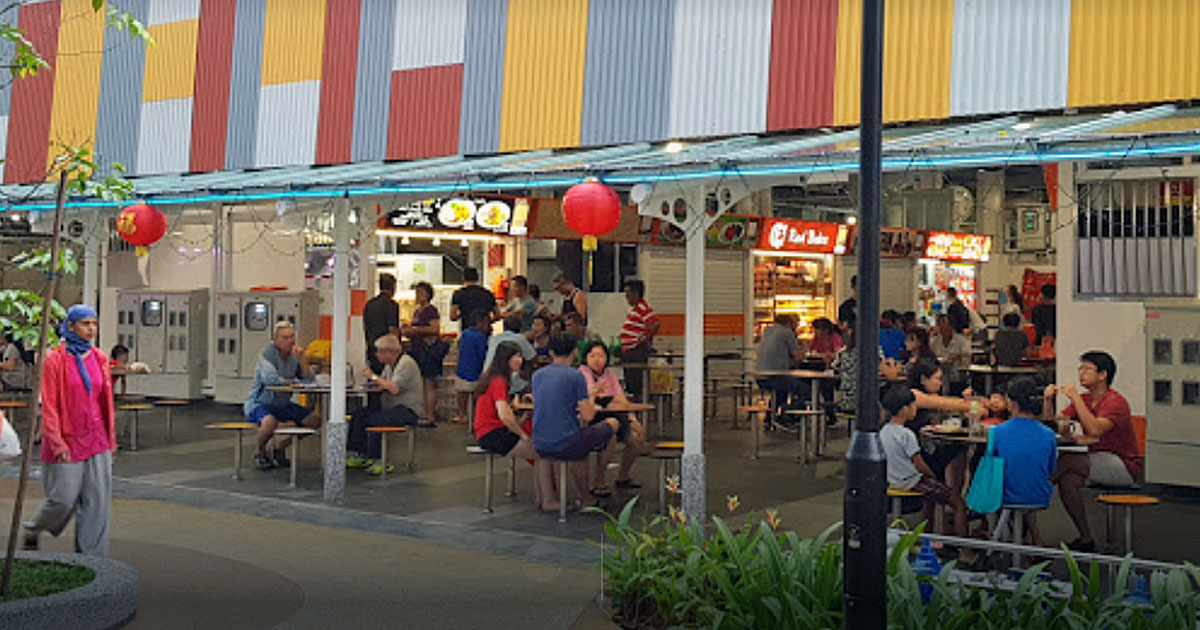Growing up in Singapore, I never thought about race privilege, and cannot readily recall instances of casual racism.
In all likelihood, I must have been rather unperceptive -- and yes, it is a cluelessness that stems from Chinese privilege.
Casual racism is not casual for its victim
While instances of casual racism should be more than edifying lessons for the majority, a personal brush with it at a hawker centre the other day left a deep enough impression to inform my future actions.
Even as I panicked inside a perfectly still body then, not knowing what to do.
Carrot cake preference
It was lunch time at a relatively popular hawker centre in Singapore, and an Indian lady was one step ahead of me in queuing up for carrot cake at the hawker stall.
When the hawker asked the lady if she would like black or white carrot cake, the customer took a moment before choosing black.
The middle-aged hawker -- a jovial-looking woman -- turned to me, and I placed the same order.
The hawker auntie then code-switched and spoke to me in Mandarin: "How dark do you want it? I don't put too much [dark soy sauce] for you. (Gestures to Indian lady and continues speaking in Mandarin) They like it very sweet, I won't put too sweet for you."
Conscious that the other customer knew we were talking about her, I mumbled "Anything" awkwardly.
Then it happened.
Addressing the Indian lady once more, the hawker continued in English with a self-assured cheeriness: "I know your race like to eat darker one."
"Not necessarily," the customer replied.
Slightly louder this time, she repeated the phrase to futile ends.
"Not necessarily."
One could safely say that she did not look happy.
My first reaction was mortification.
But I kept quiet.
Avoiding eye contact
And for the next few minutes while I waited for my carrot cake, I stared intensely at the griddle.
When the food was ready, the hawker wished me a "Happy Chinese New Year" as she passed me the plate of regularly black carrot cake.
I returned the greeting and left hurriedly, without saying anything else to the other customer -- whom I consciously avoided eye contact with.
Later on, it struck me that I might be equally complicit in my silence.
After all, there were many possible paths from the moment the hawker so casually uttered the erroneous statement.
I could have corrected the hawker. Apologised to the lady. Ordered my carrot cake extra black. Done all three. Even if they were for naught.
As it is, stereotypes thrive with the lack of intervention -- and the hawker will probably be imposing her assumptions on another customer.
Recounting the incident here might be a hollow gesture. Or it could be the start of another conversation.
Top image via Google Images
If you like what you read, follow us on Facebook, Instagram, Twitter and Telegram to get the latest updates.
